Ghana is one of the most popular tourist destinations in West Africa. Whatever your reason for visiting Ghana is, wether it is for work, to visit family or for studies abroad.
There are a few things you should know before you go.
Here are 9 things you should know before you travel to Ghana.
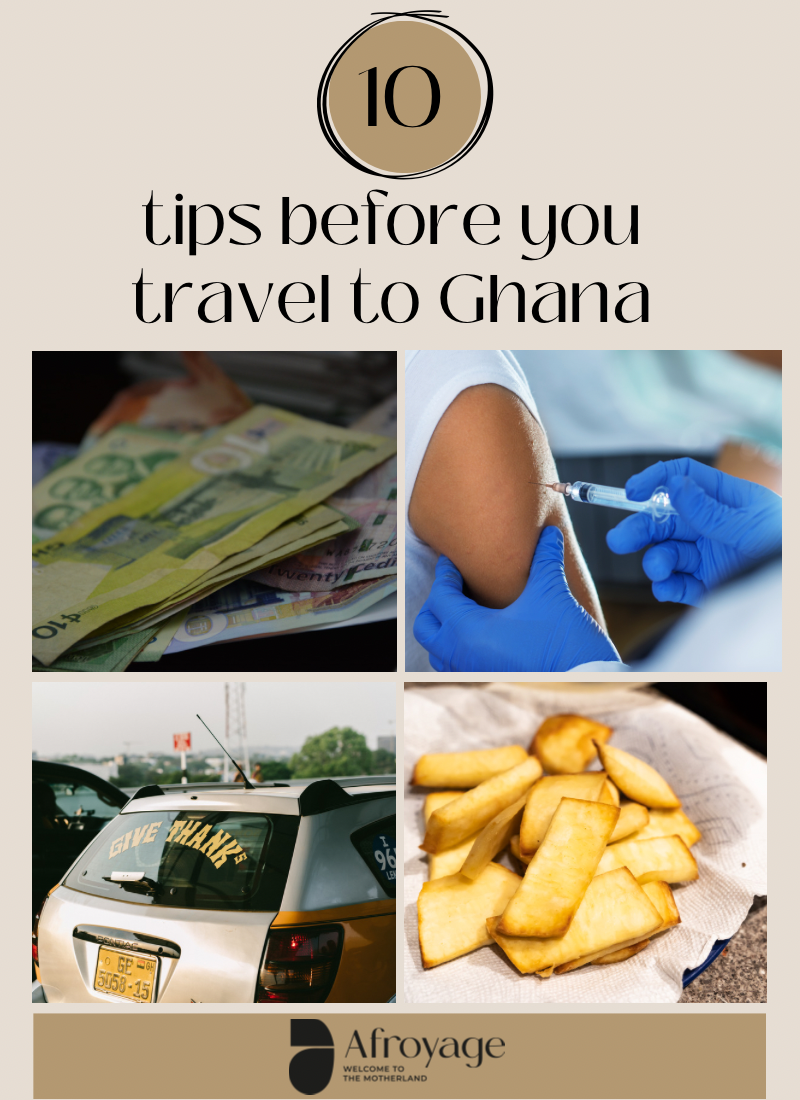
1. Ghana is a safe country
First thing you should know before travelling to Ghana is that you’re very safe. The crime rate is low, and the government has done well to keep it that way.
Petty theft occurs, but it is more common in beach areas where people are less cautious with their belongings, or in any busy place.
There are many wonderful things to see and do in Ghana, so don’t let these things deter you to travel to Ghana!
Click here to read: Is Ghana a safe travel destination?
You can visit Ghana at any time of year, but the best time to visit is during the dry season, which lasts from November to February and from June to October.
Ghana’s rainy season lasts from March to May and June to September, with a slightly shorter rainy season in the country’s north (April-October).
2. Understand Ghana's currency:
The Cedi
Understanding the Ghanaian currency is crucial when visiting the country. It’s one of the things you should know before you travel to Ghana.
The Cedi is the currency used throughout the country. It is available in denominations of 1, 5, 10, 20, 50, 100, and 200.
You can only use the local currency to shop and travel in Ghana. Foreign money is not accepted.
It is critical to recognize that the economies of your country and Ghana are not the same.
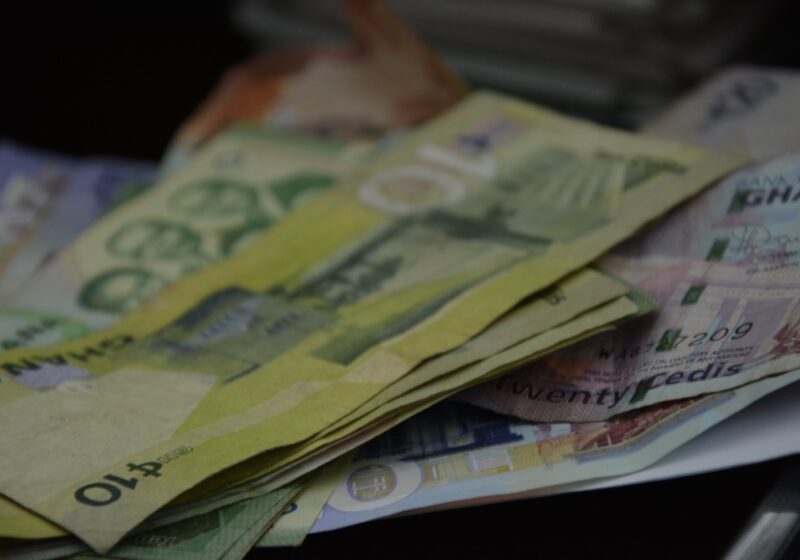
Several factors influence product pricing and currency conversion. Because the Ghanaian cedi is less valuable than the Euro, Dollar and Pounds, it is tempting to believe that spending in Cedis will save you money (WRONG!!).
Pricing and currency conversion are heavily influenced by inflation and conversion costs. Unless you have a lot of money to burn, it’s best to be financially savvy with your spending in Ghana.
Click here to read about Why so many people go broke after moving to Ghana.
3. Timezones
When you travel to Ghana (or any other country) remember the concept of time zones when planning your trip.
This means that the time in your home country may differ from that of other countries that do not share your time zone.
Check with mother google, a friend or family member before you leave so they can help you remember this important detail!

4. Buy a local SIM Card
You must understand the how local telecommunication works before you travel to Ghana.
Unless you’d have Wi-Fi with you wherever you go, it is very important to get a local sim once you’re in Ghana. We cannot stress this enough…
It’ll enable you to call local numbers and emergency numbers at any time.
Your country’s SIM card will not be accessible for use while in Ghana.
At the time of writing this article, MTN and Vodafone are the best network providers whose sim cards we recommend.
They have 4G network capacity and work well even in the remotest parts of the country.
Sim cards will not cost over 2 dollars and you could just replace your home country’s SIM and use it while you travel to Ghana.
5. Let's never forget: Insect repellents
When you travel to Ghana, you must never forget to bring an insect repellent with you. You can also get some when you arrive.
These chemical repellents are available in a variety of concentrations, with 30 to 50 percent of one of these active ingredients. When purchasing insect repellent, always read the label and follow the instructions.
Stay in rooms with air conditioning or doors and windows with screens. If you are unable to do so, sleep under an insecticide-treated mosquito net.
Mosquito nets should be tucked under mattresses, have no holes, and be tucked in at the bottom to prevent mosquitoes from getting in while you sleep.
Never sleep next to an open window without mosquito protection!
6. Checked your vaccinations yet?
Some vaccinations, such as Hepatitis A and Typhoid Fever, are required for visitors to Ghana.
Meningococcal (required for children aged 2-3 years traveling between November 1st and April 30th) are recommended. Yellow Fever vaccinations are required for all travelers.
Get these things checked before you travel to Ghana.
While most people believe that these recommended vaccines are only required if you plan to visit rural areas or African national parks such as Kakum National Park or Mole National Park, they are also required if you plan to visit any urban area within Ghana.
Some people will require more than one vaccination while in Ghana, depending on their age group; so make sure you check with your doctor before you travel to Ghana!
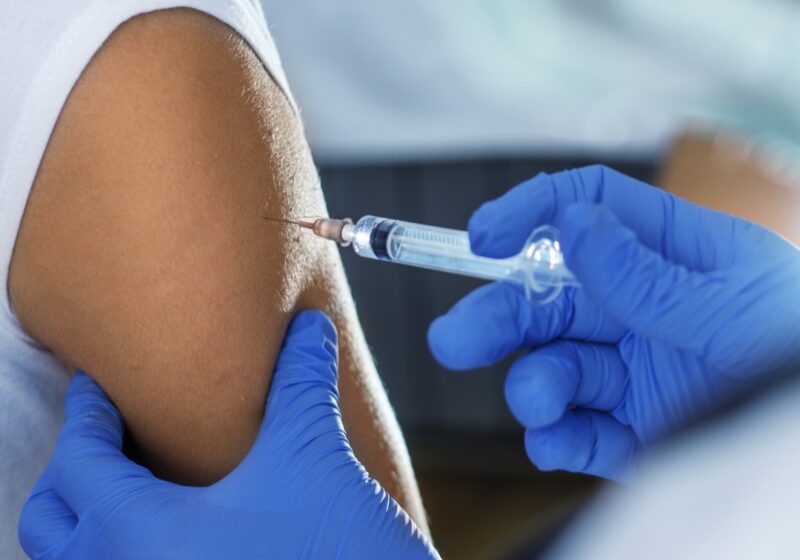
Take yellow fever and malaria medication too.
The best way to protect yourself is to take malaria medication before your visit as well as while you’re in Ghana. If you develop malaria symptoms while traveling or after returning home, make sure you seek medical help immediately!
Yellow fever is another mosquito-borne disease that causes flu-like symptoms such as nausea and vomiting at first but quickly escalates into more serious conditions like organ failure or jaundice (yellowing of the skin).
The best way to protect yourself is by taking yellow fever medication before travel and bringing medication along with you while in Ghana as well as using an insect repellent on exposed skin regularly.
7. It gets really hot! Pack correctly
When packing for your trip, keep in mind that Ghana is hot and humid. You’ll want lightweight and casual clothes.
Pack a hat if you don’t want to end up with sunburned ears, as well as sunscreen and a portable fan. The weather varies from day to night (and sometimes even hour by hour), so be prepared for rain or chilly nights.
We will upload an article about which travel essentials to pack when traveling to Ghana soon – so stay tuned!
8. Bargain to get the best prices
Haggling is a way of life in Ghana and it is something you need to know before visiting the country.
Even though most local shopkeepers will throw out an initial price, that’s much higher than what they expect to get, you can still try to negotiate it down.
Hagging is just a normal part of the buying process and part of their culture, so don’t be afraid to do it!
Just remember that if you can’t agree on a price and walk away from the deal, nothing will happen (they won’t chase after you).
They are expecting you to bargain and may refuse to lower the prices for some items, especially at tourist shops.
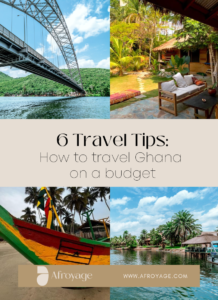
6 Travel Tips – How to travel Ghana on a budget
Ghana is a travel destination that truly has something to offer for everyone. From castles to dense rainforests, museums, beaches

How to bargain in markets
While I’ve been to Ghana numerous times now, one thing I still struggle with is bargaining on the markets. Whether
9. Agree on a price before you start a journey
Unless you’re getting into a taxi at a rank, always agree on the price before you start your journey.
If you don’t, you will pay far more than necessary and if you do nothing but say “no” to the amount quoted, they will keep dropping their prices.
If someone quotes an exorbitant amount to you, it’s polite to bargain with them; they expect this and it is normal practice in most parts of Ghana.
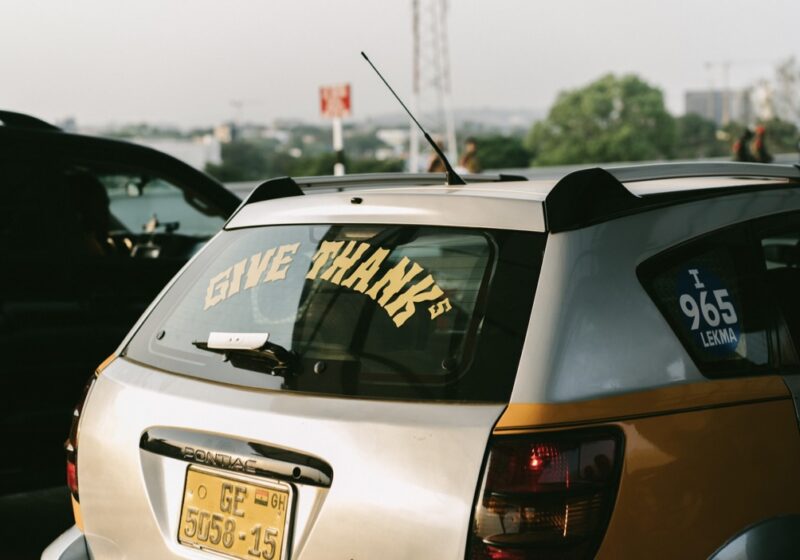
Never accept the first price quoted to you. You can then counter with a lower offer and then continue batting suggestions back and forth until both parties are happy with the agreed price.
If no agreement is found, then walk away; there will be another taxi driver happy to take your care for less money or go somewhere else that charges more reasonable prices.
10. Eat where the locals eat
Did you know that the best restaurants are those off the beaten path? Well, they usually are. It’s where local people go to eat. A good rule of thumb is to eat where locals eat.
What better place to find great food than at a local market or a street vendor? That’s always when you’ll find the best value for your money because it’s where locals buy most of their food from and it’s hard to hide inferior quality in a busy street market.
It can be intimidating at first, but it gets easier, especially if someone who knows the area is with you.
Even though some vendors don’t speak English, the language barrier is not an issue as long as you know what you want to buy and how much it should cost once you ask around a little bit.
The food in Ghana is delicious, spicy, and filling!
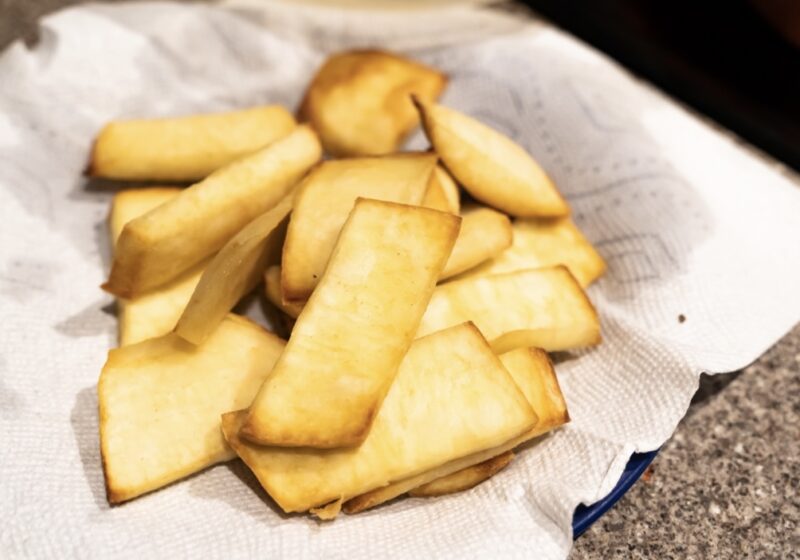
Ghanaians love food. It’s an integral part of Ghana’s culture. You’ll find restaurants everywhere in Ghana, even in small towns where you’ll be hard-pressed to find much else besides a place to sleep.
There are many popular dishes from which to choose: jollof rice (a dish made with rice), fufu, or okro soup (made from okra).
A trip to Ghana is a truly rewarding experience. The country’s culture is diverse, with some of the warmest people you will ever meet.
Ghanaians are welcoming and friendly. Ghana is one of the most stable and secure countries in West Africa.
You will always feel safe wherever you go in the country, even when you are traveling on your own.

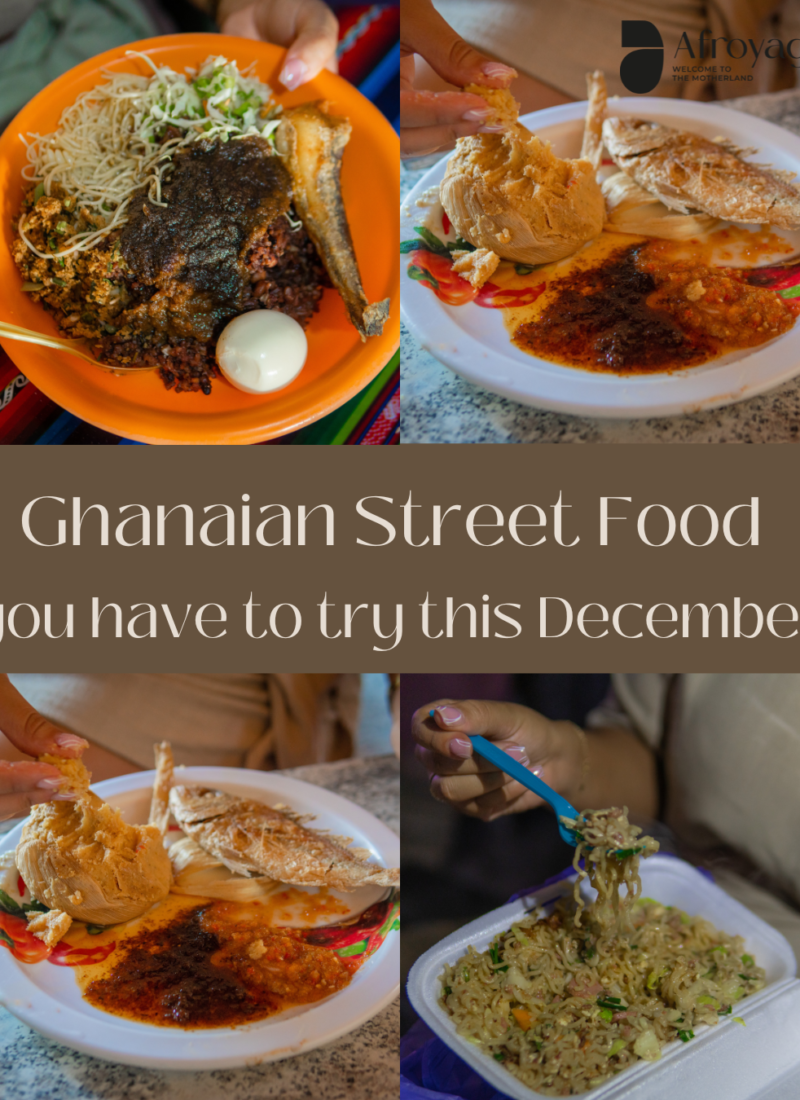



Thanks for the post!
impressive!…and detailed content. Very helpful too